What are the possible risks associated with investing in preferred shares?
In general, the risk characteristics of preferred stocks fall in between those of bonds and stocks.
- Preferred shares can default. This is usually rare in normal market conditions. However, default rates can increase in times of credit stress. For example, the recent credit crisis saw several defaults and forced conversions of preferred shares.
- Credit risk is present for preferred shareholders. Should the issuer fail financially and enter bankruptcy, preferred shareholders will rank ahead of common shareholders but behind bondholders/creditors when making claims against the issuers remaining assets.
- Some preferred stocks come with a call/redemption or mandatory conversion feature. This results in reinvestment risk should the preferred shares be redeemed or converted by the issuer. However, a broadly diversified portfolio of preferred shares would reduce reinvestment risk.
- In general, preferred stocks have lower liquidity than common shares. Therefore, buying or selling individual preferred shares may involve higher market impact and spread costs.
- Preferred shares are often rated by ratings agencies and may drop in price if their ratings are reduced. Conversely, their prices may increase and their indicated yields may drop if there is a ratings upgrade.
- Historically, preferred shares have generally shown little price appreciation potential. Almost all of the total return comes from dividend payments.
- Changes in the current (and future expectations for) interest rates will impact the market prices for preferred shares. Just like for a bond, if market interest rates rise a preferred share’s market price will typically decline and visa versa.
- If the preferred share dividend rate can be reset by the issuer then the shareholder may face a risk the new dividend rate is reset below the prior dividend rate and/or the market’s current dividend rate.
- The risk of changing income tax rates. Preferred shares pay dividend income which is taxed at a lower income tax rate than employment, rental and interest income. Should the current income tax rate for dividend income increase, this change would negatively impact the market prices for preferred shares and visa versa, just as it would for all dividend paying investments.
Related Questions
- When should you use preferred shares within an investment portfolio?
- What are the advantages of investing in preferred shares?
- What are the basic features of a preferred share?
- What are some basic characteristics of a preferred share?
- How should you select preferred shares to invest in?
- Any other criteria to consider when selecting preferred shares?
- What are some important things to consider when buying and selling preferred shares?
- What are some preferred share pricing influences?
- What is the DBRS rating scale?
- What do the DBRS ratings mean for preferred shares?
- What is the DBRS credit rating philosophy?
- What are limitations to uses of a rating?
- What are some common abbreviations and definitions associated with preferred shares?
- What options are available for me if I want to invest in preferred shares?
- How is the income earned from preferred shares taxed?

